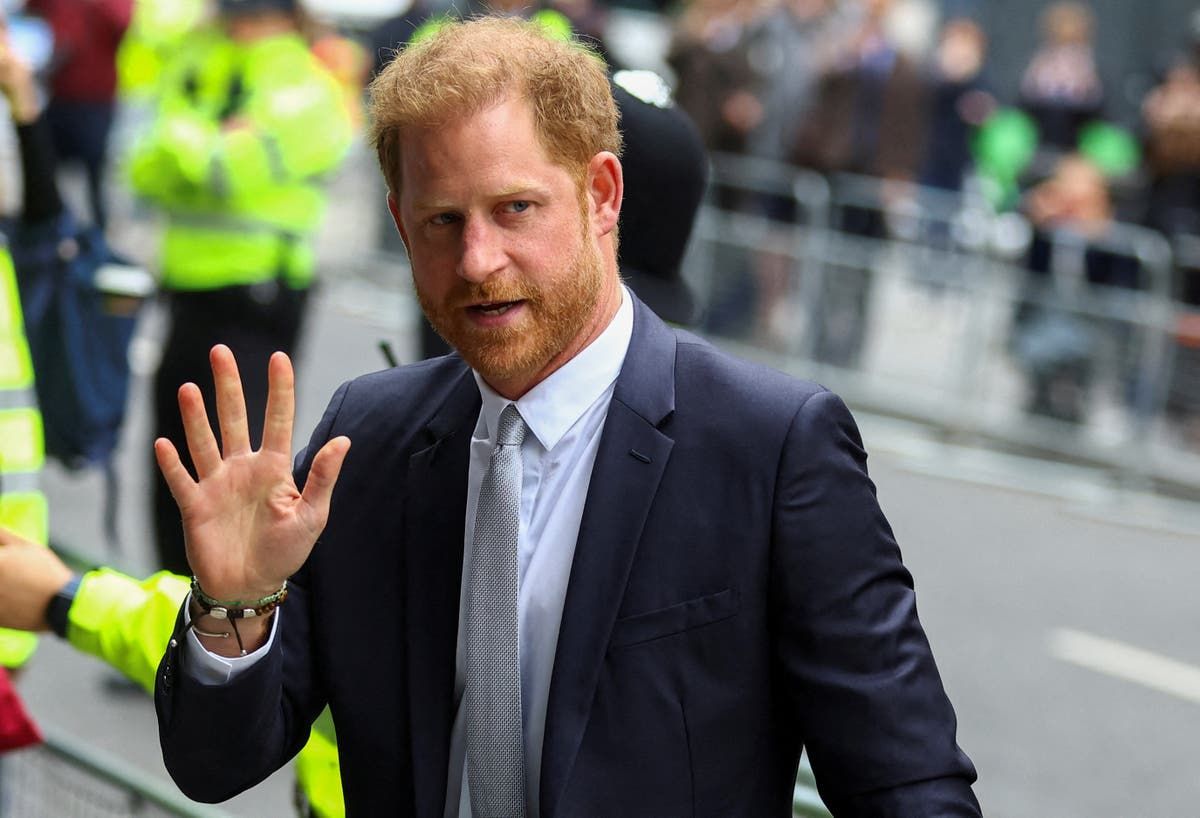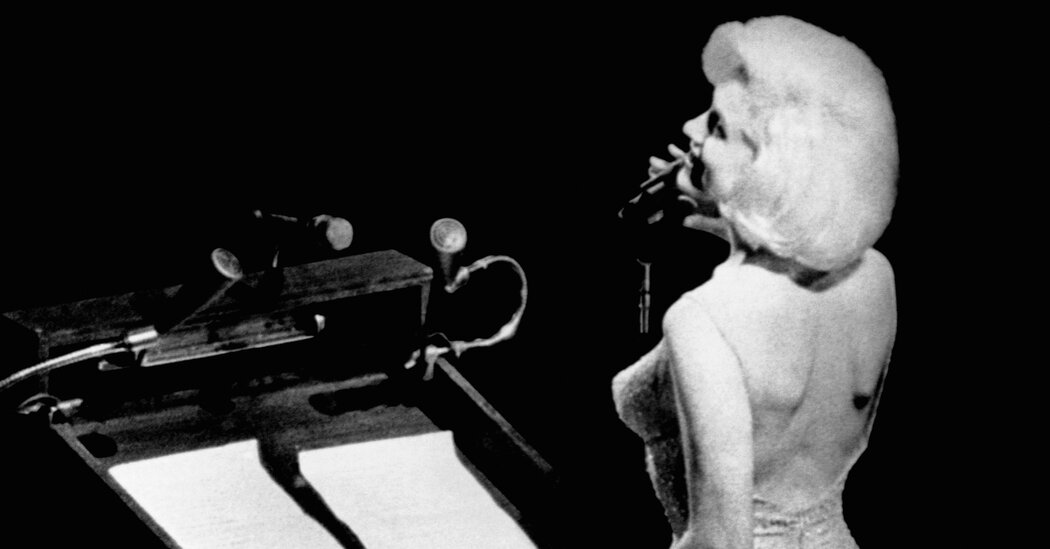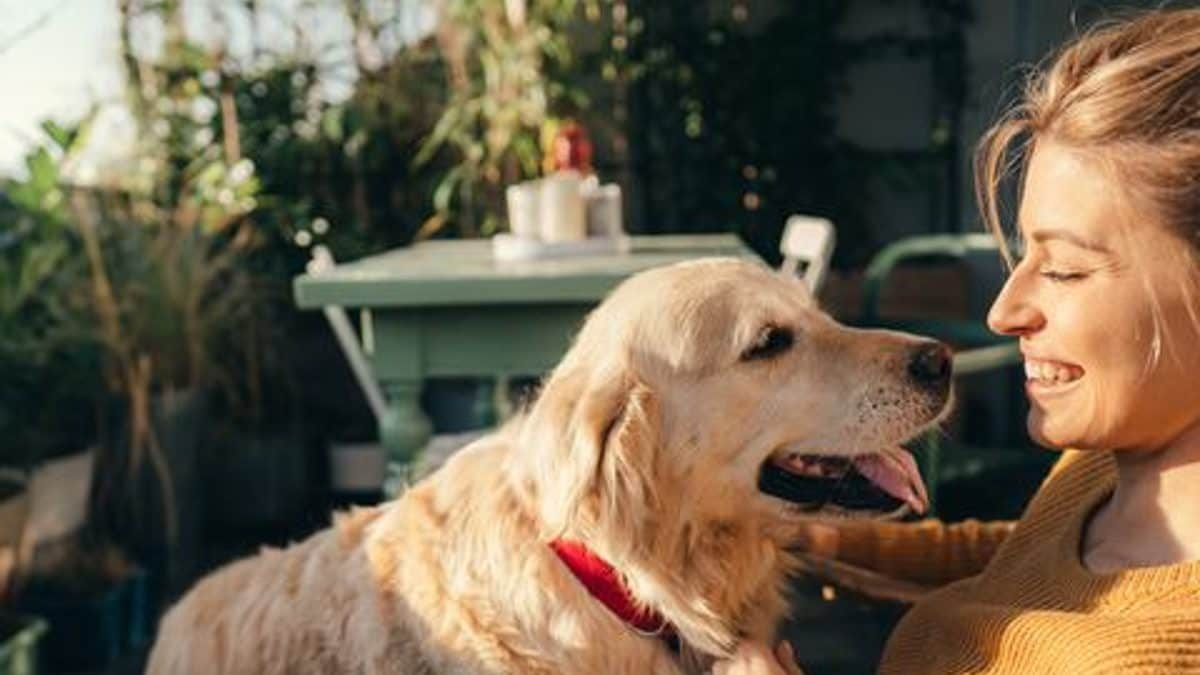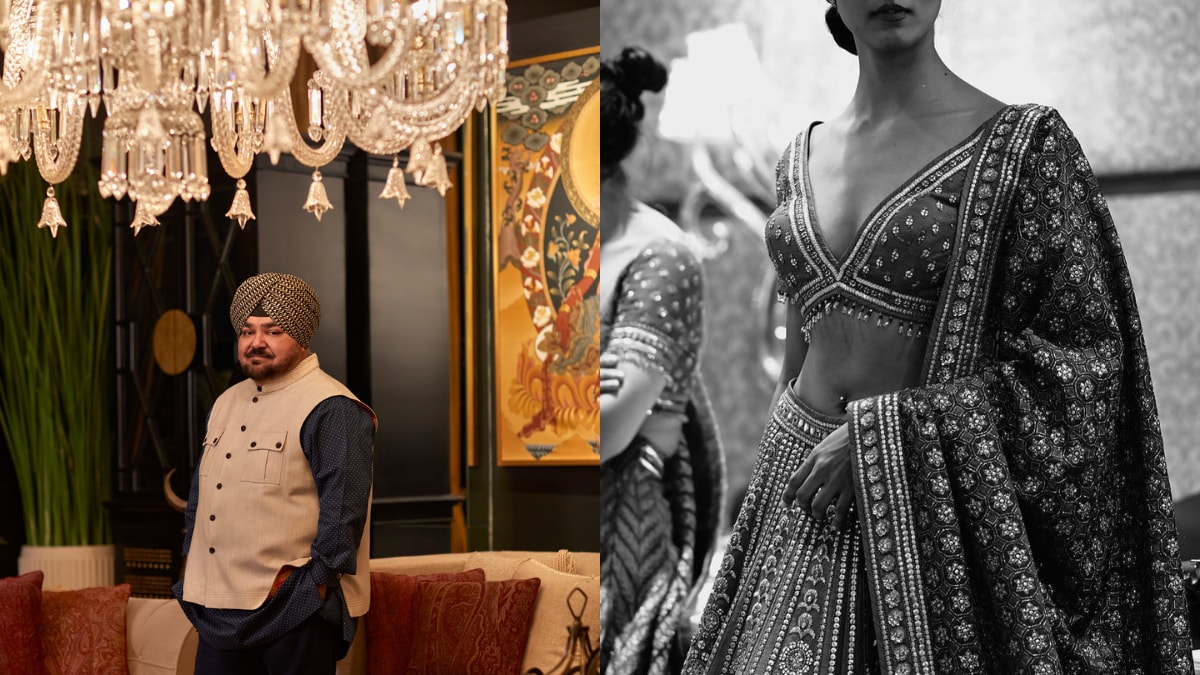The Duke of Sussex has lost a High Court appeal against the Government over a decision to change the level of his taxpayer-funded personal security when visiting the UK.
Prince Harry took legal action against the Home Office over the February 2020 decision by the Executive Committee for the Protection of Royalty and Public Figures (Ravec) after he was told he would no longer receive the “same degree” of protection financed with public funds when in the country.
Retired High Court judge Sir Peter Lane rejected the duke's case on Wednesday, concluding that Ravec's approach was neither irrational nor procedurally unfair. In his partially redacted 52-page ruling, he said Harry's lawyers had adopted “a formalistic and inappropriate interpretation of the Ravec process,” adding: “The 'tailored' process devised for the plaintiff in the February 28 decision of 2020 was, and is, legally sound.”
Prince Harry walks past the Rolls Building at the High Court in London in June
(REUTERS)
The duke's lawyers previously told the court he was “singled out” and treated “less favourably” in the decision to change the level of his taxpayer-funded personal security.
They said the failure to carry out a risk analysis and fully consider the impact of a “successful attack” on him meant the approach to his protection was “unlawful and unfair”.
The court was told that Harry believes his children cannot “feel at home” in the UK if it is “not possible to keep them safe” there.
The Government had said Harry's claim should be dismissed, arguing that Ravec – which falls under the Home Office – was entitled to conclude that the duke's protection should be “tailor-made” and considered “on a case-by-case basis”.
Lawyer David Sherborne arrives at the High Court in November for a hearing into Prince Harry's claim against the publisher of the Daily Mail.
(REUTERS)
Home Office lawyers had argued that the duke was no longer a member of the group of people whose “security position” was under regular review by Ravec, but was “returned to the cohort in appropriate circumstances”.
The court was told it was “simply incorrect” to suggest there was no evidence that the issue of impact was considered, adding that the death of Diana, Princess of Wales, Harry's mother, was raised as part of the decision.
At Wednesday's hearing the duke expressed his “disbelief” that talks about his family's safety were being held without him.
In a letter sent on February 10 to Sir Mark Sedwill, then cabinet secretary, the judge also noted: “The plaintiff asked who would be willing to put him and his family in a position of extreme vulnerability and risk: 'a position in the one no one was willing to put my mother through 23 years ago and yet today, at greater risk, as mentioned above, with the added layers of racism and extremism, someone feels comfortable taking responsibility for what could happen '”.
Ravec's decision came as a result of a change in the duke's “status” after he stopped being a “full-time working member of the royal family”, a judge was told.
Sir Peter said on Wednesday he accepted comments from Sir Richard Mottram, former chairman of Ravec, who said that even if he had received a document setting out all of Harry's legal arguments in February 2020, “he would have made the same decision to materially “the same reasons.”
Meghan, Duchess of Sussex, and Prince Harry, Duke of Sussex, attend the Invictus Games Vancouver Whistlers 2025 One Year To Go Winter Training Camp in February
(Getty Images)
Ravec has delegated responsibility to the Home Office for the provision of protective security measures for members of the royal family and others, with the involvement of the Metropolitan Police, the Cabinet Office and the royal household.
Most of the proceedings were carried out in private, with no public or press present, due to confidential evidence about security measures for Harry and other public figures.
Sir Peter said his ruling contained censures because if such information were made public it would have “a serious adverse impact on the individuals involved, as well as being contrary to the public interest, including that of national security”.
A Home Office spokesperson said on Wednesday: “We are pleased that the Court has ruled in favor of the government's position in this case and we are carefully considering our next steps. It would be inappropriate to comment further.
“The UK Government’s protective security system is rigorous and proportionate. “It is our long-standing policy not to provide detailed information about such agreements, as doing so could compromise their integrity and affect people's safety.”
The security case is one of three recent cases brought by the duke to the High Court, along with claims over allegations of illegal information gathering against publishers News Group Newspapers (NGN) and Associated Newspapers Limited (ANL).
Earlier this month, Harry settled the remaining parts of his phone hacking lawsuit against Mirror Group Newspapers.
It came after the duke decided in January to withdraw a defamation lawsuit against ANL during February 2022. mail on sunday article about his legal challenge against the Home Office.
Harry, who was not present at the December hearing, lives in North America with his wife Meghan and their children after the couple announced they would step down as royals in January 2020.
More information on this breaking news follows…












